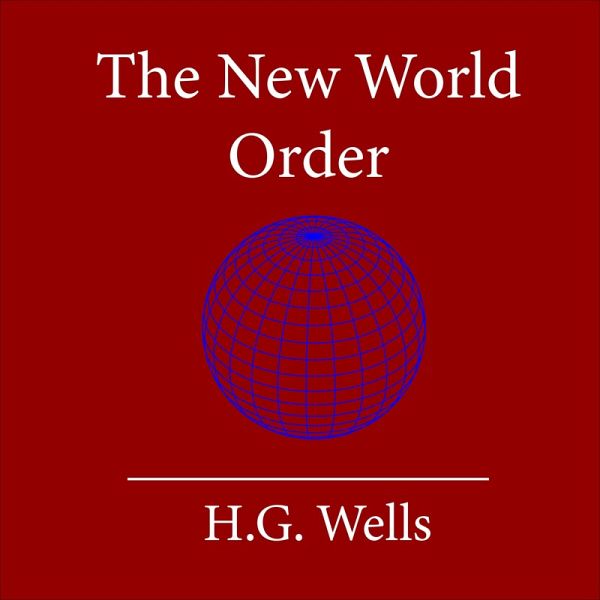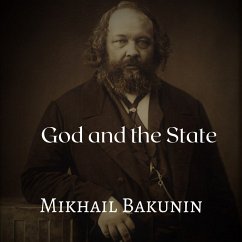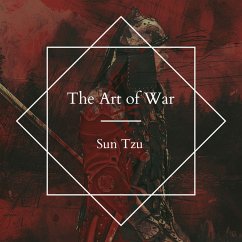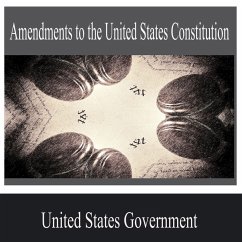
The New World Order (MP3-Download)
Ungekürzte Lesung. 229 Min.
Sprecher: Johnson, Brandon

PAYBACK Punkte
5 °P sammeln!
The New World Order is a non-fiction book written by H.G. Wells and was published by Secker & Warburg in January 1940. In The New World Order, Wells proposed a framework of international functionalism that could guide the world towards achieving world peace. To achieve these ends, Wells asserted that a socialist and scientifically planned world government would need to be formed to defend human rights.
Wells's motivation for writing The New World Order was based upon the outbreak of World War II. Wells was concerned that the Allies had no clear statement of aims for fighting in ...
The New World Order is a non-fiction book written by H.G. Wells and was published by Secker & Warburg in January 1940. In The New World Order, Wells proposed a framework of international functionalism that could guide the world towards achieving world peace. To achieve these ends, Wells asserted that a socialist and scientifically planned world government would need to be formed to defend human rights.
Wells's motivation for writing The New World Order was based upon the outbreak of World War II. Wells was concerned that the Allies had no clear statement of aims for fighting in the war and that this would lead to the continuation of the pre-existing balance of power. In The New World Order, Wells writes that without a revolution in international affairs and the establishment of human rights, then further destructive wars were inevitable.
Dieser Download kann aus rechtlichen Gründen nur mit Rechnungsadresse in A, D ausgeliefert werden.













